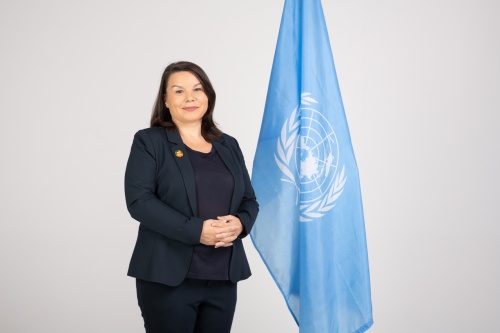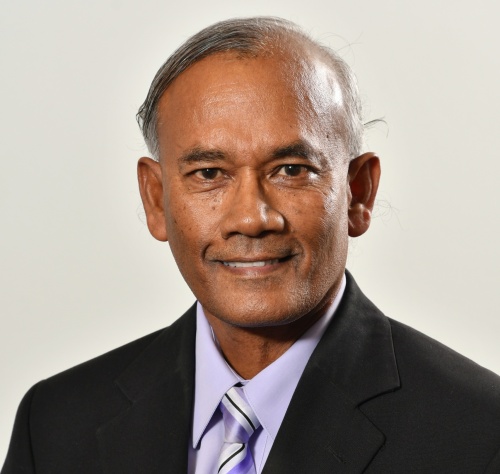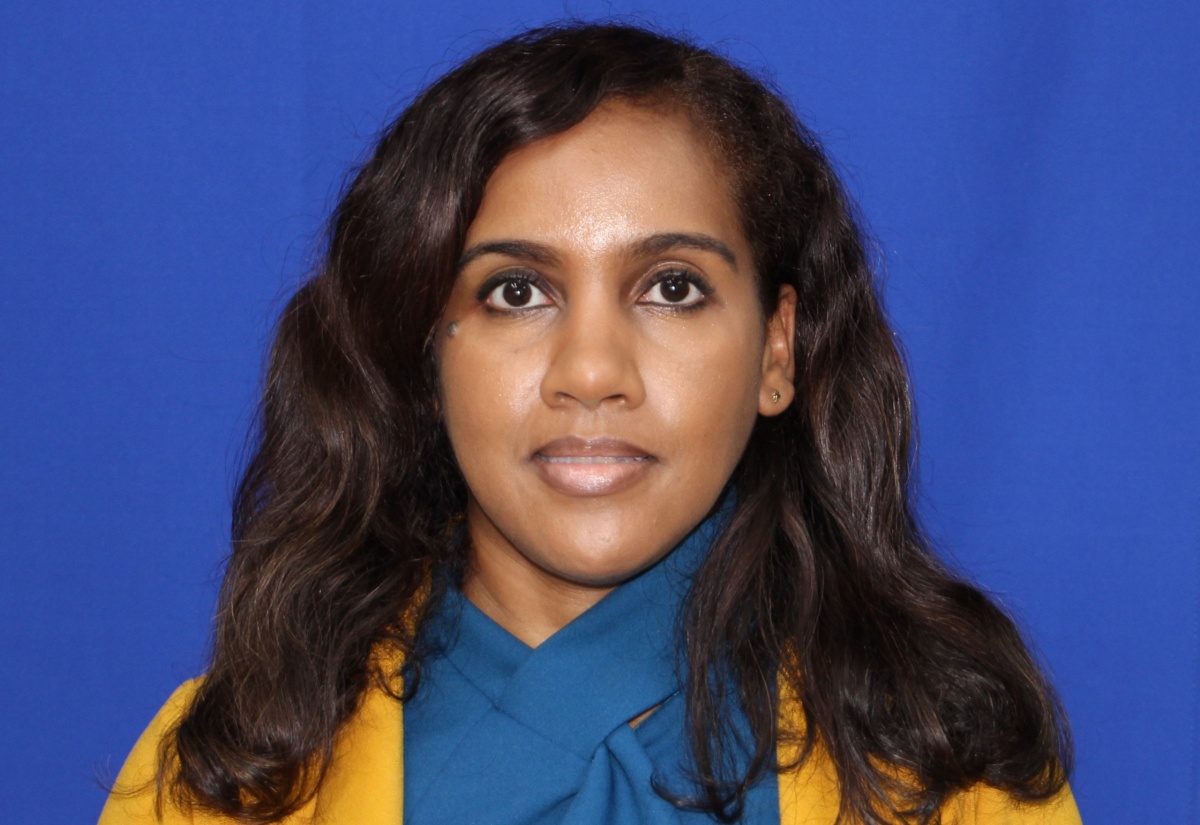National Population and Sustainable Development Policy to Be Launched July 11
By: , July 10, 2025The Full Story
The National Population and Sustainable Development Policy (NPSDP) will be officially launched on World Population Day, Friday, July 11.
Developed by the Planning Institute of Jamaica (PIOJ), with financial support from the United Nations Population Fund (UNFPA) and the European Commission, the policy marks a significant moment in Jamaica’s efforts to address population and development challenges, including declining fertility, migration of skilled workers, and population ageing.
The UNFPA 2025 State of the World Population (SWOP) report will also be launched in Jamaica on the same day.
The SWOP report is UNFPA’s annual flagship report that provides global insights and data on population dynamics, reproductive health, and gender equality, helping to inform evidence-based policies and shape advocacy efforts worldwide.
Speaking ahead of the launch, Senior Demographer in the Population and Health Unit at the PIOJ, Laura Davis, explained the motivation behind the timing and the focus of the launch.
“We thought it was fitting to launch the National Population and Sustainable Development Policy and the findings of the 2025 UNFPA SWOP Report on this day to raise awareness among the Jamaican population of our population and development issues and the need for us to work together to address them. The National Population and Sustainable Development Policy is our response to our demographic situation,” she said.
Meanwhile, Deputy Director and Officer in Charge of the UNFPA Sub-Regional Office for the Caribbean, Jenny Karlsen, said the launch of Jamaica’s National Population and Sustainable Development Policy alongside the 2025 SWOP Report reflects a strong commitment to people-centred, data-driven action.
“Through its engagement with shifting demographic trends, UNFPA’s work actively supports the Government’s population agenda by contributing to transformative outcomes such as ending unmet need for family planning, reducing preventable maternal deaths, and combatting gender-based violence, all essential pillars for advancing sustainable development and fostering social equity,” she told JIS News.

The theme for this year’s World Population Day, ‘Empowering Young People to Create the Families They Want in a Fair and Hopeful World’, underscores the urgency of creating an enabling environment where families can thrive and population trends can be managed for long-term sustainability.
The National Population and Sustainable Development Policy, last updated in 2022, as a revision of the 1995-2015 National Population Policy, provides a strategic roadmap to guide national action in response to shifting demographic trends.
The 2025 UNFPA SWOP Report focuses on ‘The Real Fertility Crisis: The Pursuit of Reproductive Agency in a Changing World’ and argues for reproductive empowerment – the freedom to decide if, when and how many children to have.
The report is also intertwined with key issues coming out of the NPSDP, such as fertility and reproductive health.
Jamaica’s population is now estimated at 2.7 million, reflecting a slight decline of 0.1 per cent in 2024. This emerging demographic shift offers an opportunity to focus on enhancing well-being, supporting individual choices around family life, and planning for a future that meets the evolving needs of all Jamaicans.
For his part, Principal Director for Social Policy, Planning and Research Division at the PIOJ, Easton Williams, stressed the urgency of addressing Jamaica’s declining birth rate.
“What has been surprising globally is the rapid movement across the entire globe towards low fertility and, in fact, below a fertility level that is not sustainable… . In our case, we are having a fertility rate below the replacement level of 2.1 children per woman, at 1.9 children per woman,” Mr. Williams said.

Replacement fertility refers to the average number of children a woman needs to have for a population to replace itself from one generation to the next, without migration.
To address these issues, the policy outlines several key interventions, which include support for families who wish to have children but face economic or social barriers, such as discussions around improving access to affordable childcare and expanding maternity and paternity leave.
The National Population and Sustainable Development Policy outlines 12 strategic goals, with a programme of action assigning responsibilities to various implementing organisations across ministries, departments and agencies and non-government sectors.
Mr. Williams outlined a number of evidence-based strategies under consideration. “Our first response is: Can we increase fertility? Are there persons in the population that want to have children and cannot because of some issues, such as infertility, both in men and in women. Fertility treatments like in vitro are expensive… but that is an issue the country needs to think about,” he said.
Meanwhile, Ms. Davis said the overall aim is to ensure that population processes are optimised.
“If the processes are optimised, we can achieve a balanced population size, structure and distribution in urban and rural areas to improve the well-being of the Jamaican population in all dimensions, for a sustainable, equitable and just society,” she noted.
The policy was developed by the PIOJ with oversight provided by the National Thematic Working Group on Population, which is the oversight committee that coordinates and monitors the implementation of the policy.
The 2025 State of the World Population Report highlights the growing disconnect between people’s reproductive intentions and their lived realities, not in terms of how many children they have but whether they can make informed, voluntary choices about parenthood.
Based on a global survey across 14 countries, the report shows that financial pressures, uncertainty about the future, and limited access to health services are major barriers to people having children.
In addition, nearly one in five people under the age of 50 expect to have fewer children than they would like, while more than 40 per cent of those over 50 say they did not have the number of children they had hoped for. The findings point to the need for policies that empower individuals and couples to make choices that reflect their own circumstances, values and aspirations.
The UNFPA has played a key role in providing funding for the development of the monitoring and evaluation framework for the policy, as well as technical assistance through its representative on the Population and Sustainable Development Thematic Working Group.
The contributions of the UNFPA have also been instrumental in making the launch possible.


